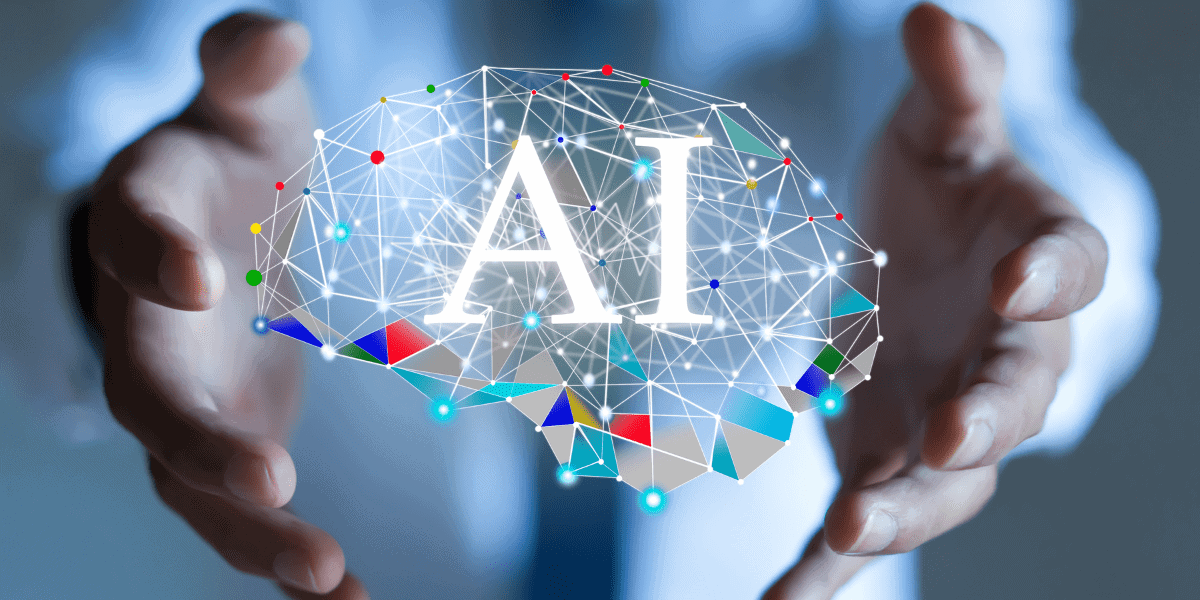Artificial intelligence (AI) holds immense importance in today's world across various fields and industries. Here are some key aspects highlighting its significance:
1. Automation: AI enables automation of tasks that are repetitive, mundane, or dangerous for humans. This not only improves efficiency but also reduces errors and frees up human resources for more creative and strategic tasks.
2. Decision Making: AI systems can analyze vast amounts of data quickly and accurately, providing insights that aid in decision-making processes across industries such as finance, healthcare, marketing, and logistics.
3. Personalization: AI algorithms can analyze user behavior and preferences to provide personalized experiences in fields like e-commerce, entertainment, and content recommendation, enhancing customer satisfaction and engagement.
4. Predictive Analytics: AI enables predictive analytics by identifying patterns and trends in data, allowing businesses to anticipate customer behavior, market trends, equipment failures, and more, leading to better planning and resource allocation.
5. Healthcare Advancements: In healthcare, AI is revolutionizing disease diagnosis, drug discovery, personalized treatment plans, and medical imaging analysis, leading to improved patient outcomes and cost savings.
6. Enhanced Customer Service: AI-powered chatbots and virtual assistants provide 24/7 customer support, handling inquiries, troubleshooting, and even making recommendations, thereby enhancing customer satisfaction and loyalty.
7. Improving Efficiency: AI optimizes processes and workflows in manufacturing, supply chain management, and logistics by minimizing waste, reducing downtime, and optimizing resource utilization.
8. Innovation Catalyst: AI fosters innovation by enabling the development of new products, services, and business models across various sectors, driving economic growth and competitiveness.
9. Ethical Considerations: The development and deployment of AI raise ethical concerns related to bias, privacy, transparency, accountability, and job displacement, necessitating careful regulation and ethical frameworks to ensure responsible AI usage.
10. Global Impact: AI has the potential to address major global challenges such as climate change, poverty, and healthcare accessibility through applications like climate modeling, precision agriculture, and telemedicine.
Overall, AI is transforming societies and economies worldwide, offering opportunities for growth, efficiency, and innovation while also posing challenges that require careful consideration and proactive management.

Understand the AI and it's importance.
ReplyDelete